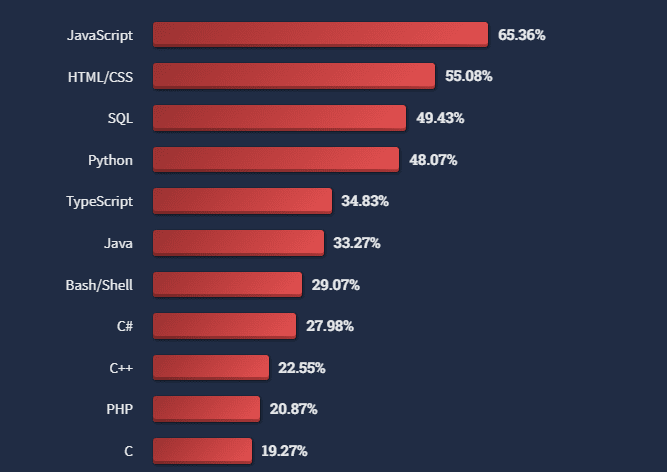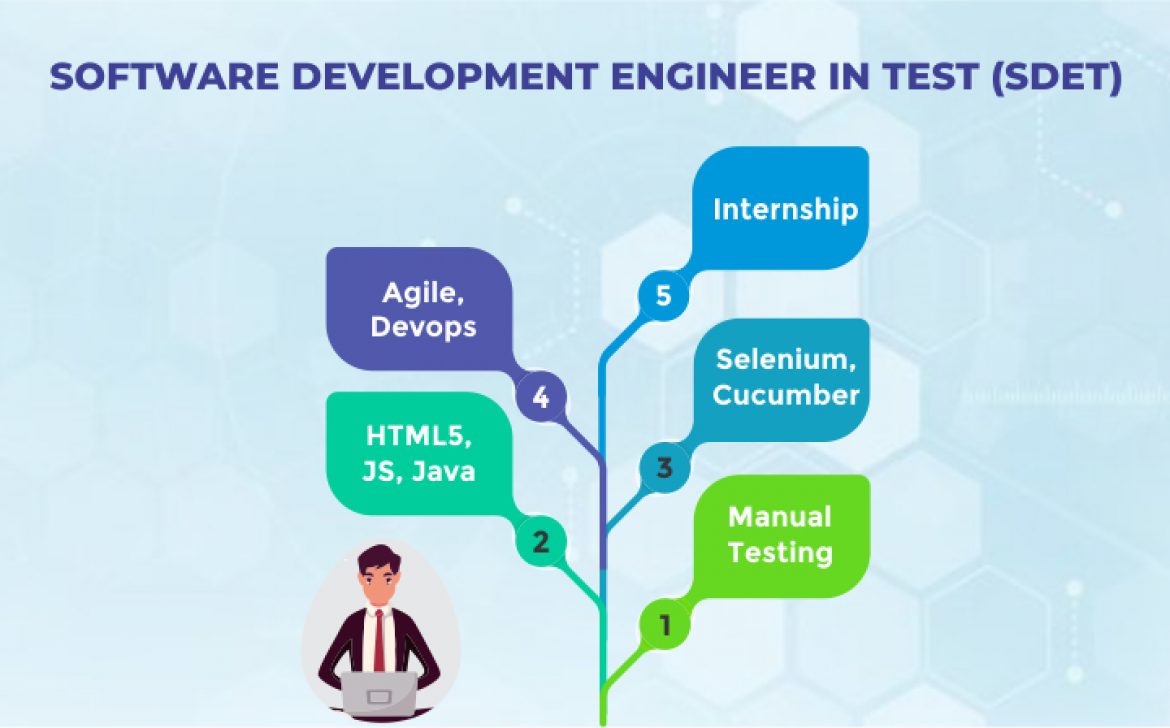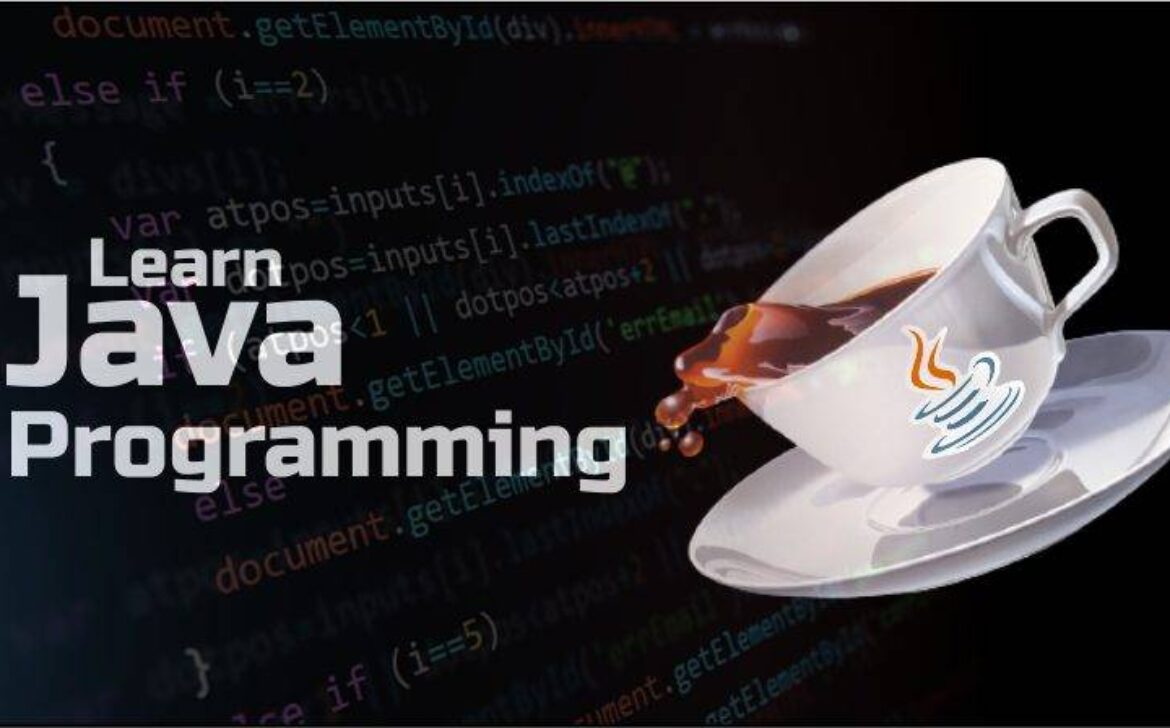M
any graduates often ask me, which is the best programming language, which language should we learn, shall I learn Java, Python, etc. Well, it depends upon the definition of your best programming language, if it is popularity, then obviously Java outscores everyone. There is a long list of programming languages that continue to exist with their strengths and flaws, making our lives easier. However, I strongly don’t believe in any type of competition between different programming languages. Java is one of the best programming languages created ever, and I am not saying this because I am passionate about Java, but Java has proved it in last 20 years. During its journey, this free and open source programming language has achieved numerous milestones and proved its worth. The recent indexes of programming languages popularity have once again reinforced that Java is one of the most popular languages around.
In this blog, I will share my list of reason, and why you should learn Java programming and make a career out of it.
Java is Object Oriented Programming language. Java is a general-purpose programming language that can run on virtually any type of computer and is independent of both device and platform. It promised “Write Once, Run Anywhere” (WORA), providing no-cost run-times on popular platforms. Fairly secure and featuring configurable security, it allowed network- and file-access restrictions. J2EE included technologies and APIs for enterprise applications typically run in server environments.
There are few below facts of Java Programming
Nearly 9 of every 10 computers in the US runs Java.
3 Billion Devices run Java
There are 9 million java developers worldwide.
1 Billion Java Downloads per Year
Java is everywhere on all platforms and devices and in all countries around the world. It enables developers to make programs work just about anywhere. And it inspired the evolution of an incredible technology community. The brilliance of Java is the platform independency. Java allows you to build applications, develop Android apps, deploy applications, integrate robust libraries, and create sophisticated GUIs. Back-end web developers, especially in industries where you need high performance and security—like finance, healthcare, and even the gaming industry.
Java developers design, develop, code and test computer software based on Java technology. Apart from Java programming, Java developers may also be required to debug and maintain existing code, perform software builds and releases and create automated test scripts. For a Java developer, having strong understanding on Object Oriented Programming is a must. Without having a strong foundation on OOPS, one can’t realize the beauty of an Object Oriented Programming language like Java.
Integrated Development Environment (IDE) such as Eclipse and Net beans made Java development much easier, faster and fluent. It’s easy to search, refactor and read code using IDEs. Apart from IDE, Java platform also has several other tools e.g. Maven and ANT for building Java applications. Apache, Google, and other organization have contributed lot of great libraries, which makes Java development easy, faster and cost-effective. Community is the biggest strength of Java programming language and platform. Java has been very lucky, it has lots of active forums, Stack overflow, open source organizations and several Java user group to help everything.
Java is free from start, i.e. you don’t need to pay anything to create Java application. This FREE thing also helped Java to become popular among individual programmers, and among large organizations. The availability of Java programmers is another big thing, which makes organization to choose Java for their strategic development .
What is the future of Java and Java Jobs? Basically, Java is not just a Programming language but it is a programming atmosphere to develop and deploy enterprise applications. It is important for information technology industry to develop and create multiple web-based or server based applications to enhance the industrial competency. There is huge scope for this programming language.If one talks about job opportunities in field of Java, knowledge of it is required with many new technologies and roles such as ‘Java-UI Developers’, ’Android Developers’ and many others. Hence, there are numerous jobs opportunities available in Java, J2EE combining with other new technologies. These are among the higher paid jobs in IT industry, as it comes under software development. One should have the proficient skills to get an employment with IT organizations as many organizations are looking for the professionals, who can manage multiple projects in J2EE and augments the industrial efficiency.The best part about Java is, its eco-system is self-sustaining, from mobility (Android) to middleware (Hadoop), it impacts everything and will continue to make a big impact in future too. Java remaining a developer favorite good reason its secure robust and relativity simple.
When you master a popular language like Java, a lot of opportunities in application development open up. Popular frameworks like Java Spring, Spring Boot, hibernate, Big data Hadoop, Android ; all these need Java programming.
Java’s popularity with developers is due to the fact that the language is grounded in readability and simplicity. Java has staying power since it has long-term compatibility, which makes sure older applications continue to work now into the future. It’s not going anywhere anytime soon and is used to power company websites like LinkedIn.com, Netflix.com and Amazon.com.
So, are you interested in designing your career successfully Java Programming Language? At SEED Infotech, we offer courses that enable you to have a sound career in professional courses.
SEED Infotech best java courses provider in Pune. At SEED Infotech Online / offline best java courses avaiable
For more information plese check.
short-term-basic-courses/#corejava














